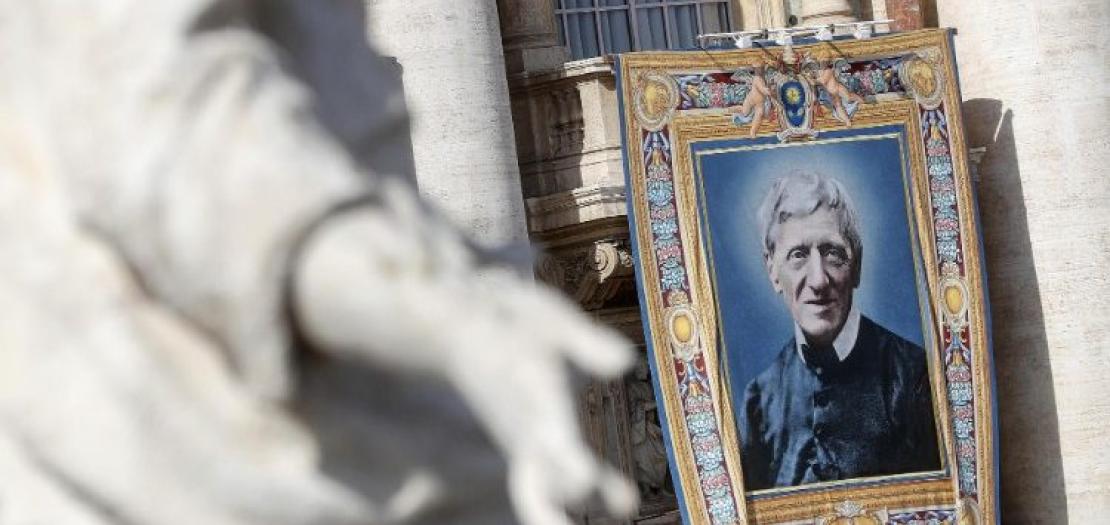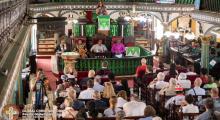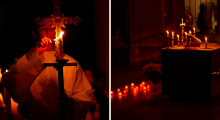Issued by the Catholic Center for Studies and Media - Jordan. Editor-in-chief Fr. Rif'at Bader - موقع أبونا abouna.org

“John Henry Newman was a man who was dedicated to following the truth wherever it might lead”, says Dr. Donald Prudlo, who holds the Warren Chair for Catholic Studies at the University of Tulsa. This included Newman’s conversion from Anglicanism to Catholicism, which not only cost him his position at Oxford University, but also damaged his reputation and led to the loss of many friends.
Speaking with Vatican News prior to Newman’s canonization on Sunday, Prudlo said that the key for Newman, and the key to his conversion, “was a search through the Fathers of the Church”. Newman “was a patristics scholar, he was a classical scholar”, he said, “and as he deepened his knowledge of the writings of the Fathers, as he looked into the early history of the Church, he discerned that it was the Catholic Church that had preserved all of these teachings, and that had taken them from their nascent stages in the Bible and among the early and primitive Christian community, and had developed them organically into the Christian faith that we receive today”.
Newman’s reflections on how Christian teaching developed found fruition in his book “An Essay on the Development of Christian Doctrine”, which he was writing at the time of his conversion; later, as a Catholic, he would revise the work. Prudlo described the Essay as one of the most important works in the post-Reformation period: “It is a thorough analysis of the historical [and] contextual development of Christian doctrines”. Newman, he explained, was very concerned to show how certain doctrines present in seed form at the early Church matured [or] blossomed into the fully formed doctrine and dogmas we have today”.
Prudlo said that Newman’s canoniszation was “a final affirmation of what Newman meant for the Church – not necessarily doctrinally, but as a paragon of moral virtue; as a subject of veneration for the Christian people; and an example for all of us, but particularly for those living the intellectual life”. John Henry Newman, he said, in a singular way, “was able at the same time able to study the very riches and depths of theology, and also communicate it to others”.
Newman’s writing, Prudlo said, “recalls the work of Benedict XVI as both a pastor and an intellectual attempting to speak to his own age in ways that they can understand, but in ways that always are hedged about and protected and give us insights into the depth of truth itself”.







